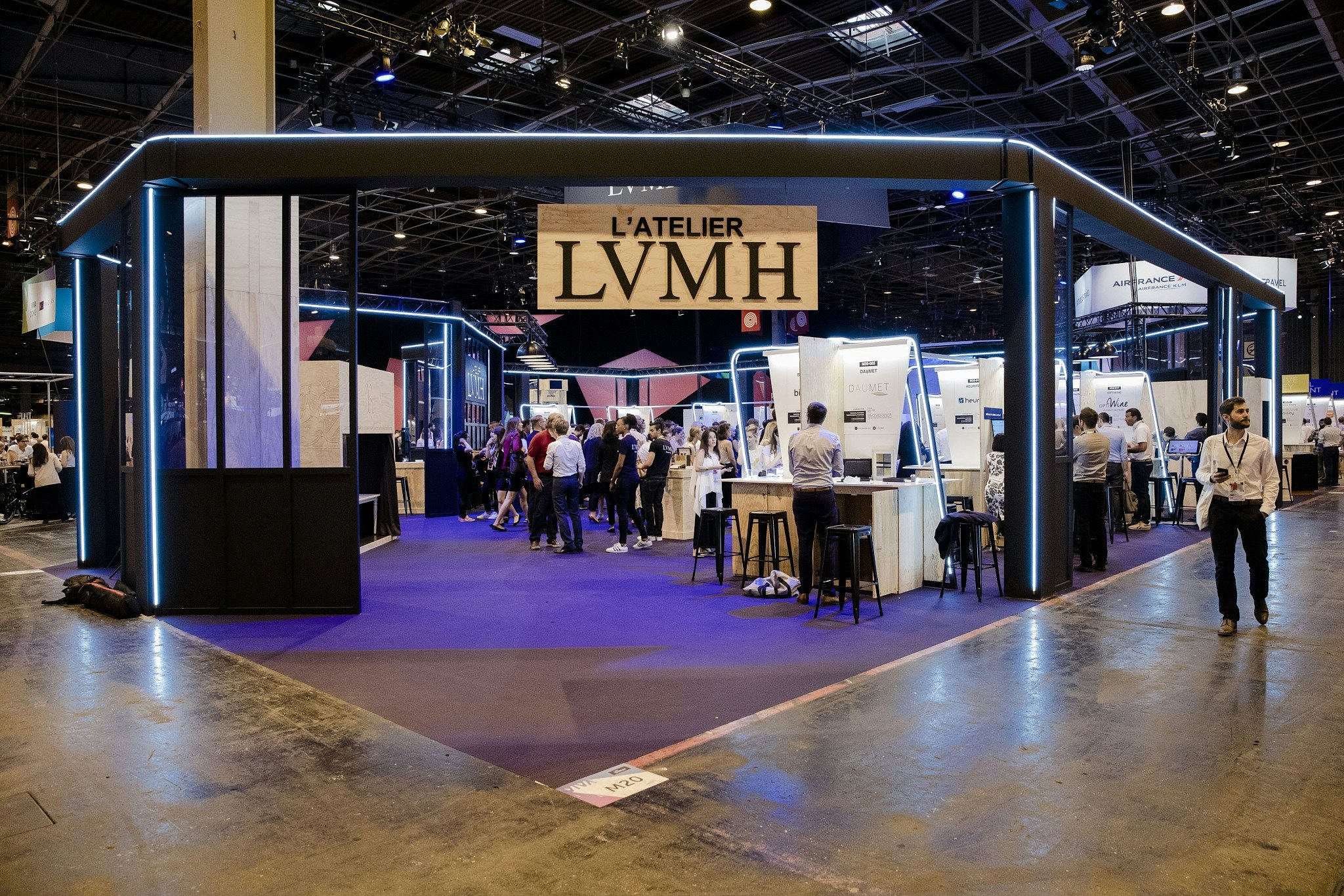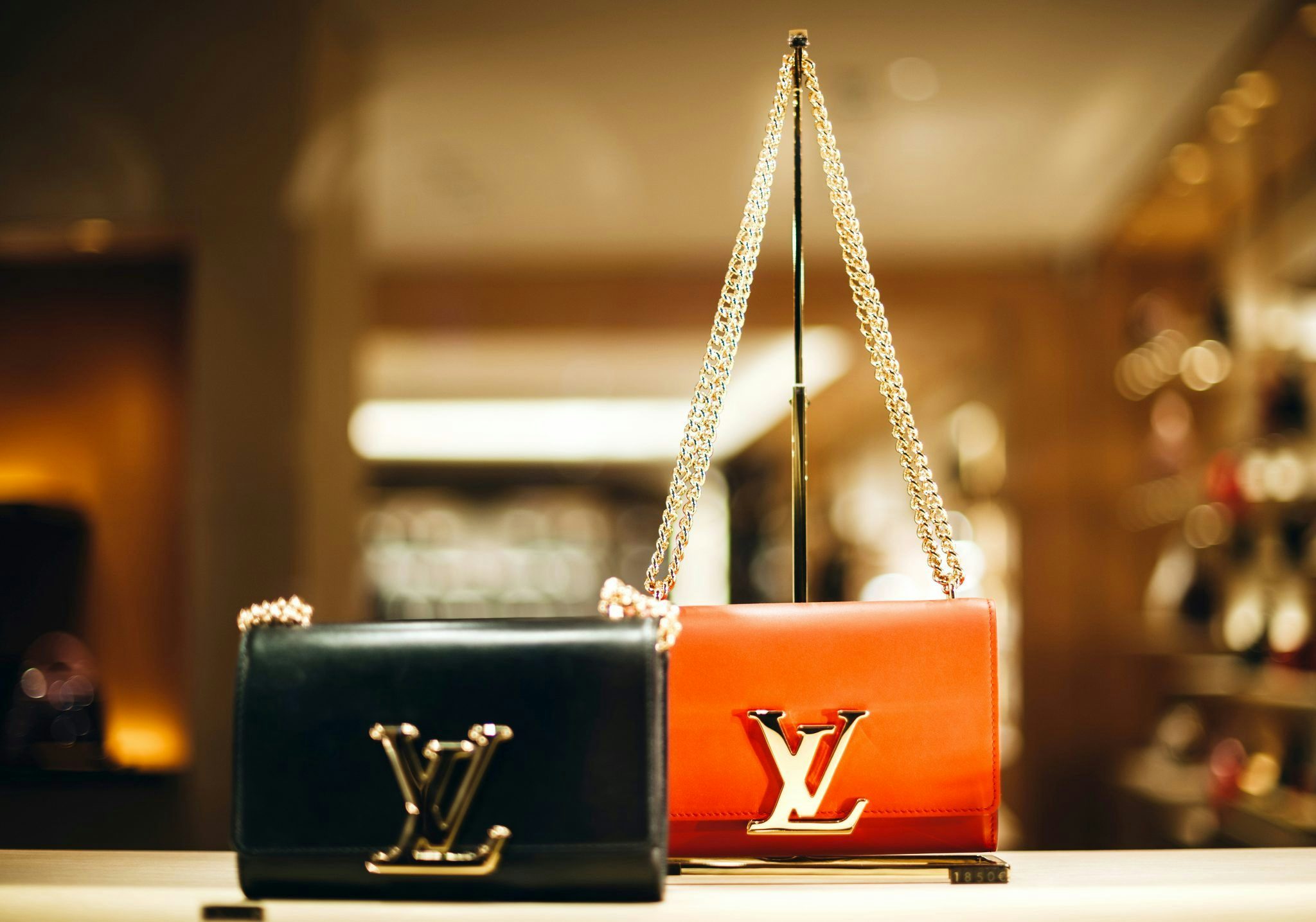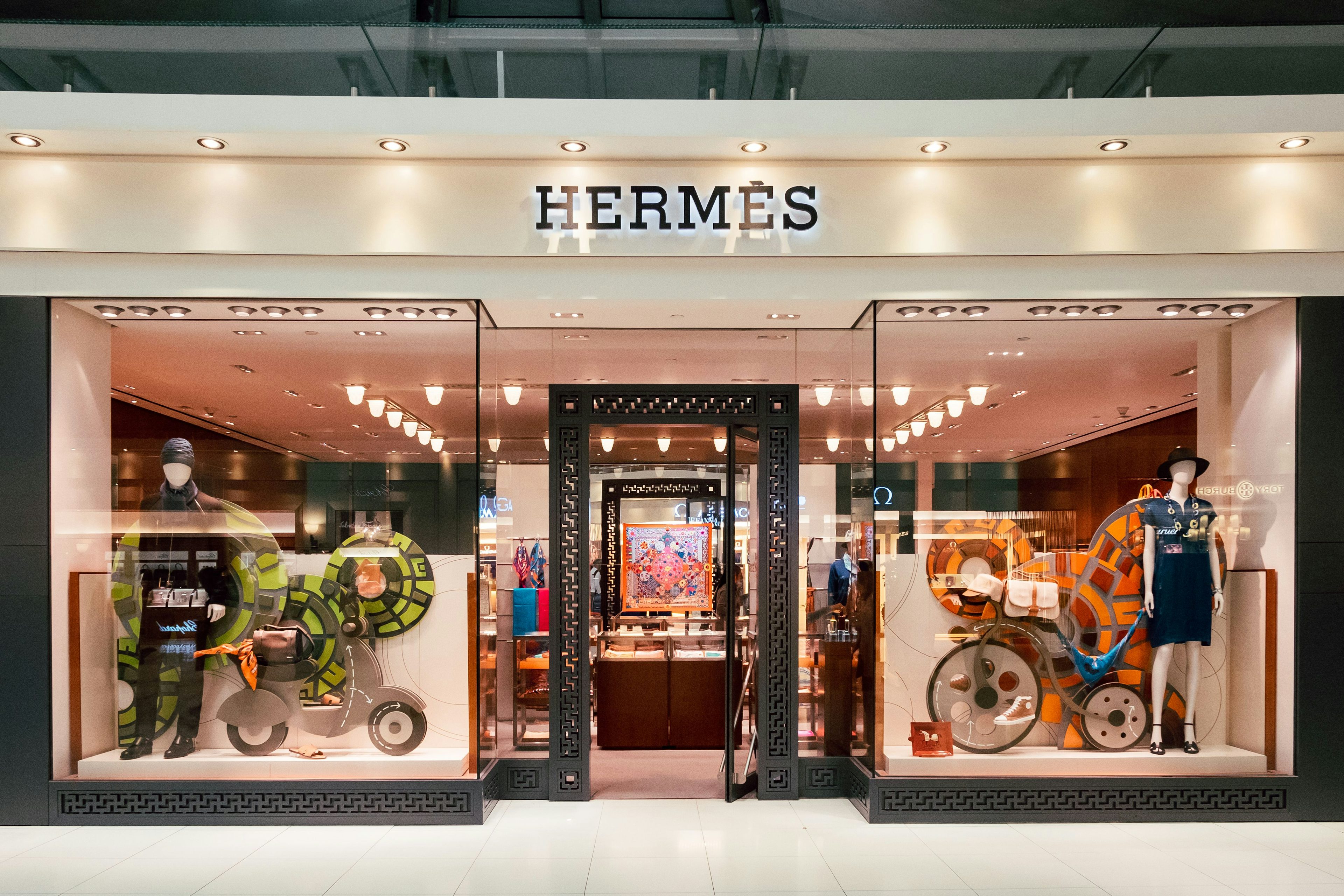The world’s largest luxury company LVMH Moët Hennessy Louis Vuitton posted better-than-expected financial results for the first quarter and first half of 2018.
Buoyed by strong demand in Asia and the United States, the company’s organic revenue grew 12 percent from the year before, reaching a total of 21.8 billion euros (25.5 billion). In the second quarter alone, its revenue increased by 11 percent compared to the same period of 2017. The strong performance is in line with the trends of the beginning of the year.
LVMH’s core business group “Fashion & Leather Goods” grew by 15 percent, with Louis Vuitton performing exceptionally well. The arrival of two star menswear creative talents Virgil Abloh and Kim Jones for Louis Vuitton and Christian Dior, respectively, is projected to bring new momentum to brands, the press release stated. The massive demand in China, in particular, benefited the performance of the “Wine & Spirits” and the “Watches & Jewelry” businesses.
Ahead of the earnings release, many financial analysts signaled the concern of a slowing Chinese demand caused by the ongoing trade disputes between China and the United. So far, the tariffs imposed by the U.S. government on China has led the Chinese currency to fall to a one-year low and dragged down the country’s stock market into a bear.
In the conference call with financial analysts and reporters, Jean-Jacques Guiony, chief financial officer (CFO) of LVMH said, “I understand the threat is there but I don’t think it has materialized in any way [yet],” pointing out demand from China in Q2 actually slightly improved compared to that of Q1 for LVMH.
Many of the questions from financial analysts during the call concern the Chinese economy as the company is heavily exposed to it.
Later last week, another French luxury powerhouse Hermès also expressed an optimistic outlook on the impact of the trade war on its business. The brand’s CEO Axel Dumas said he saw no immediate impact on Hermès.
To combat monetary and geopolitical uncertainties, LVMH said it will continue focusing on product innovation and geographic expansion in promising markets.
Meanwhile, recognizing the company’s sophisticated development on the digital front, Guiony stressed the importance of forming an omnichannel retail network to meet the needs of consumers.
“Most consumers start a journey with a brand on the website, and continue in the store, and then maybe end up again online with delivery. That’s a behavior of most customers,” he said.
In Europe, the share of LVMH rose 2.75 percent during the trading time to end at 301.10 euros (351.7) today.


